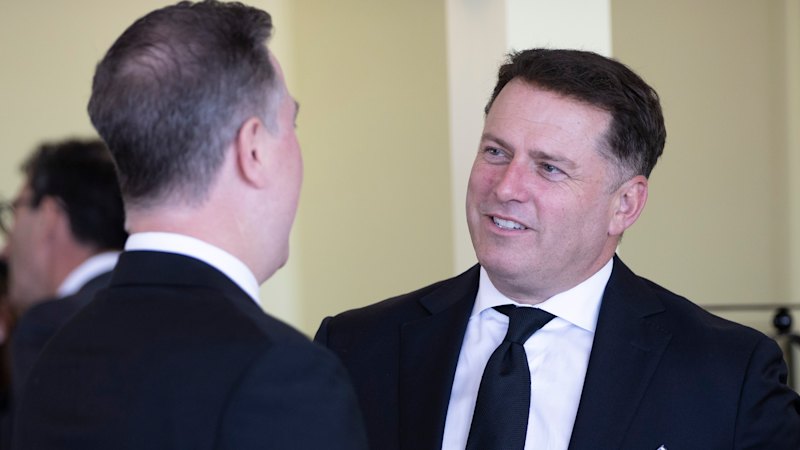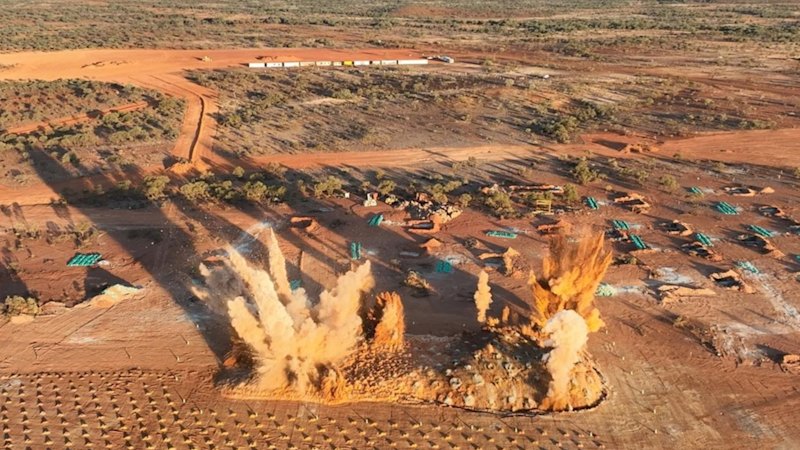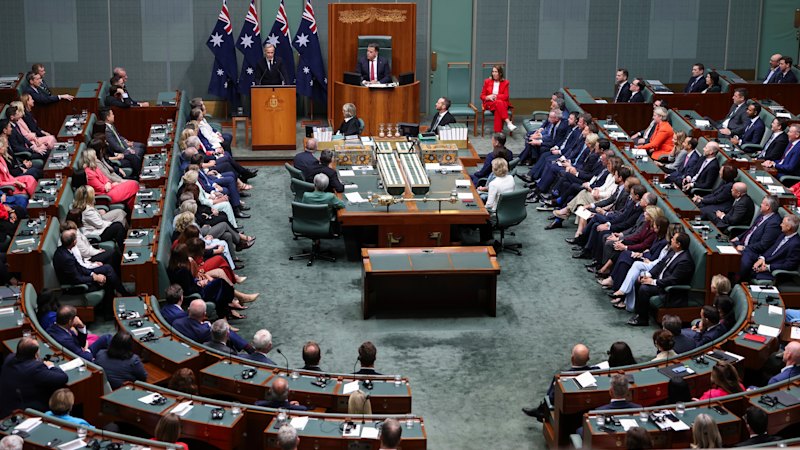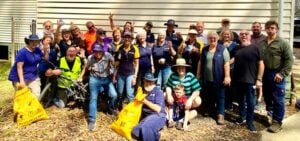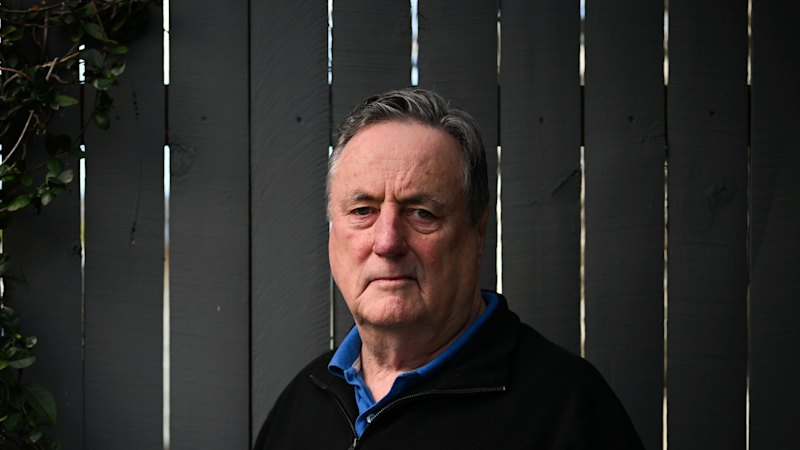
UPDATE: In a groundbreaking revelation, Australia’s former top cop, Mick Keelty, has broken his silence on two pivotal meetings with Ben Roberts-Smith in 2018, igniting controversy over allegations of war crimes that have rocked the nation. Keelty disclosed that a tapped phone call revealed Roberts-Smith believed he was a target of federal police scrutiny following their discussions.
Keelty’s admission comes as he claims the fallout from these meetings has irreparably damaged his reputation and ended the career of former deputy police commissioner Ramzi Jabbour. “It’s all but broken me,” Keelty expressed, fighting back tears during an interview at his home in Brisbane. He is now demanding a full investigation into the matter, as he believes taxpayers deserve transparency regarding the internal investigation that has cost millions.
These explosive claims arise amidst ongoing inquiries and a four-year freedom of information battle, with Keelty providing critical evidence. “How much taxpayers’ money has been wasted on this, and what on earth are they protecting?” he questioned, highlighting a growing demand for accountability from the Australian Federal Police (AFP).
The controversy centers around two meetings held by Keelty with Roberts-Smith in June and July 2018, during a time when the military had submitted a classified request for a war crimes investigation against the decorated former SAS soldier. Keelty maintains that any indication to Roberts-Smith about being under investigation was accidental, attributing the miscommunication to the AFP’s failure to keep him informed.
In a stark reflection of the emotional toll this saga has taken, Jabbour stated he felt trapped within a “perfect storm” that was beyond his control. Although cleared of all criminal charges related to the case, he remains haunted by the accusations and the implications on his integrity. “It’s been an incredibly difficult experience, both professionally and personally,” Jabbour shared.
Keelty has accused the AFP of attempting to bury the investigation details, stating, “They’re certainly not protecting me or Ramzi.” As the former inspector-general of the Murray-Darling Basin Commission, he lost his position after media reports about his meetings surfaced in 2020.
Both Keelty and Jabbour have publicly rejected AFP’s attempts to push blame onto them, insisting they were unaware of any ongoing investigations at the time of their meetings with Roberts-Smith. “I was a bit perplexed by the whole thing,” Jabbour recounted, questioning how he could be accused of leaking information when he had no knowledge of the investigation.
The AFP’s internal investigation, dubbed Operation Geranium, was launched following Keelty’s meetings, leading to Jabbour being placed on leave and further complicating his career. Despite the chaos, both Keelty and Jabbour were ultimately found to have no case against them, with investigations concluding without damaging findings.
As the saga unfolds, Keelty has appealed to the Senate for a thorough examination of the AFP’s handling of the situation. He emphasized the need for public access to the investigation documents, which the AFP has fought to keep confidential, citing concerns about deterring future corruption reports.
“I think it deserves scrutiny by the Senate as to the amount of money spent by the AFP both in the investigation … and now to be continuing to fight this,” Keelty asserted. “I am looking for honesty and I am looking for the truth to come out.”
With the AFP war crimes investigation into Roberts-Smith collapsing for unrelated reasons, a new body, the Office of the Special Investigator, has taken charge of the criminal inquiry. The growing public outcry and emotional testimonies from Keelty and Jabbour underline the urgent need for clarity in this high-stakes case.
As developments continue to emerge, the public is left questioning the integrity of the processes meant to serve justice and uphold accountability. Stay tuned for more updates as this story evolves.
